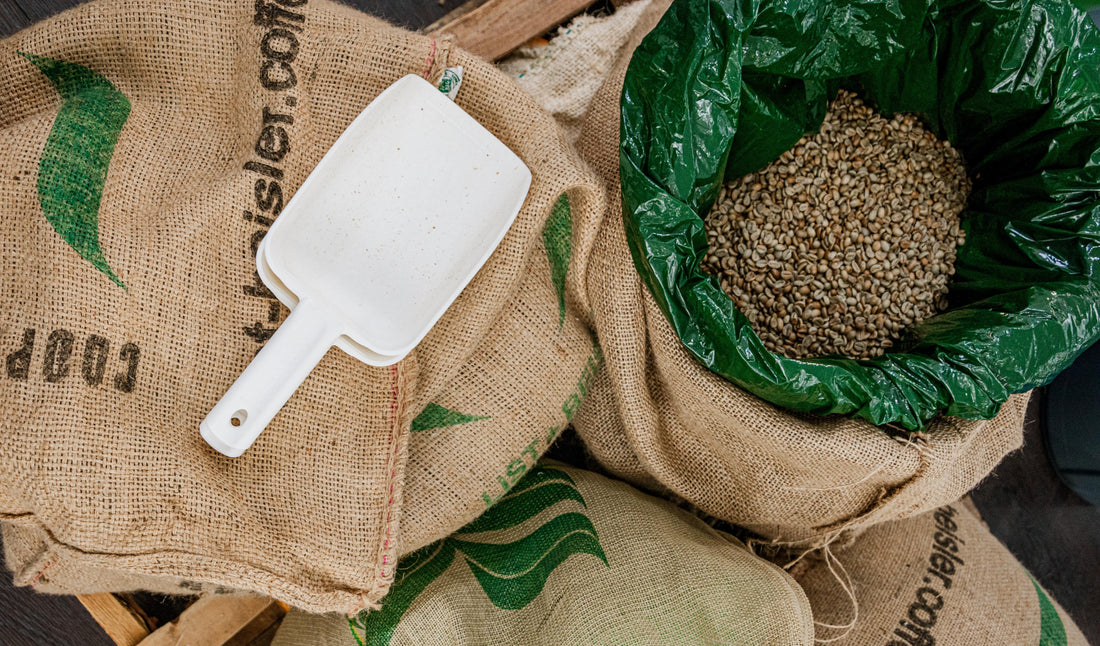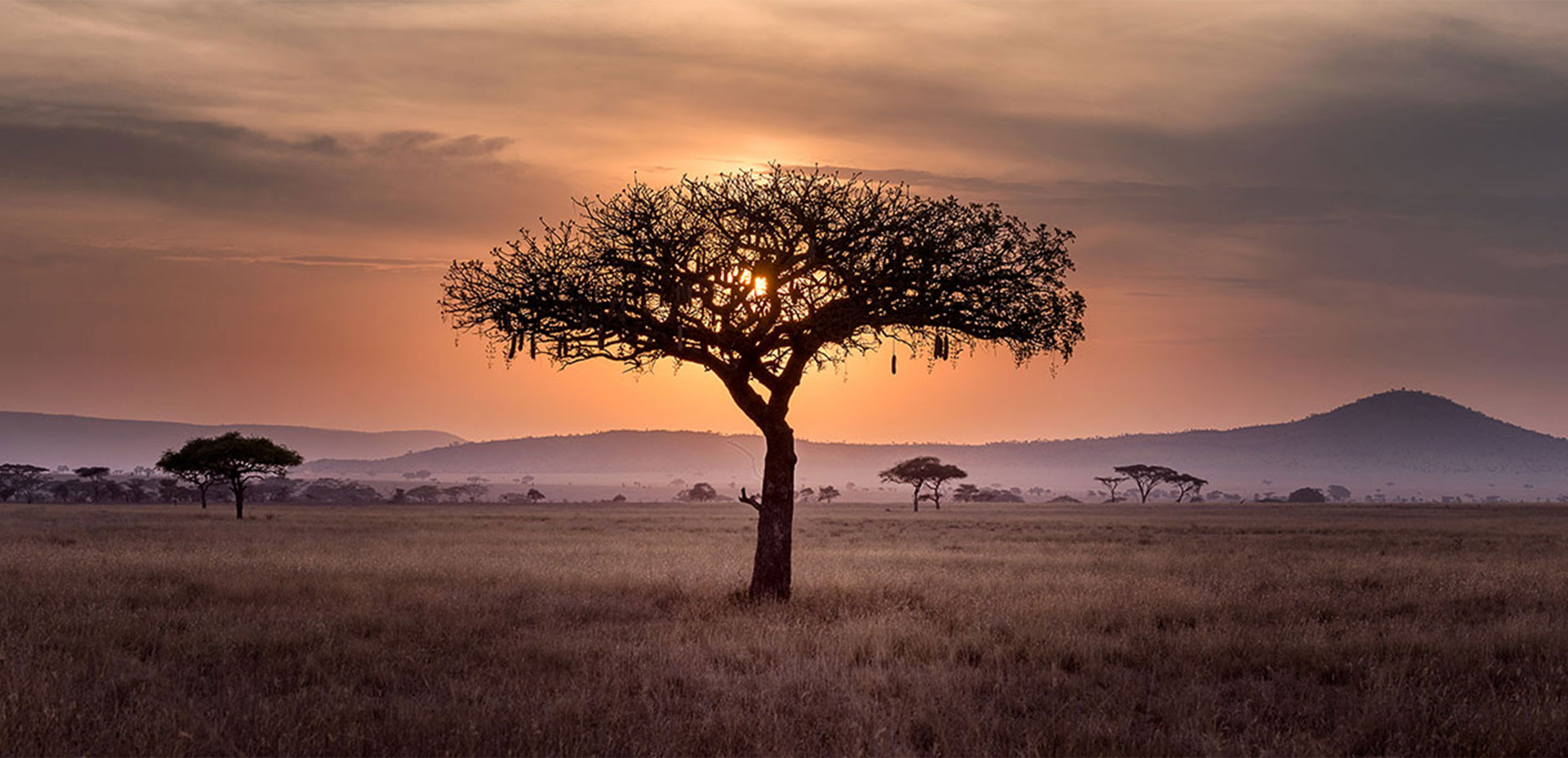
From Earth to Cup: The Role of Soil in Crafting Exceptional Coffee
Share
When you sip on your morning coffee, you might be focusing on the aroma, the richness of the brew, or the smoothness of the flavor. But did you know that a lot of what you taste can be traced back to the soil where the coffee was grown? Coffee’s journey to your cup begins with the earth, and the characteristics of the soil play a crucial role in the final flavor profile of the beans.
Whether it’s the deep volcanic soils of Central America, the nutrient-rich red earth of Africa, or the meticulous care taken at our own finca in El Salvador, the ground beneath the coffee plants influences every aspect of the beans’ development. Let’s dig into how soil from different regions shapes the taste of your coffee.
Central and South American Soils: A Balanced and Sweet Brew
In contrast, coffees from Central and South America tend to be more balanced, often with a smooth, nutty, or chocolatey finish. The soils in countries like El Salvador, Costa Rica, Colombia, and Brazil play a significant role in creating this flavor profile. Much of the coffee grown in these regions benefits from the volcanic activity that has shaped the landscape for centuries. The volcanic ash in the soil adds essential nutrients like phosphorus and potassium, which promote healthy coffee plants and contribute to the sweeter, more well-rounded flavor of the beans.
The soil in these regions is typically loamy and rich in organic matter, which allows the coffee plants to take up nutrients efficiently. In countries like Colombia, where the climate can vary significantly between regions, the soil composition also varies, leading to subtle differences in flavor depending on where the coffee is grown. For example, beans from Antioquia may have a heavier body and richer flavor compared to the more delicate and floral profiles of coffee from Nariño.
In El Salvador, where our finca is located, the fertile volcanic soil is ideal for growing coffee with a balanced flavor, smooth acidity, and a hint of chocolate sweetness. The combination of minerals in the soil and the microclimate of the region creates the perfect conditions for producing top-quality beans.
African Soils: Rich in Flavor and Complexity
African coffee is known for its bright, fruity, and often floral flavors. These characteristics are largely due to the mineral composition of the soil in coffee-growing regions like Ethiopia, Kenya, and Rwanda. African soils, particularly the red, iron-rich varieties, are packed with nutrients that coffee plants thrive on. The volcanic soils in regions like Ethiopia’s Sidamo or Kenya’s highlands are particularly fertile, offering a unique combination of minerals that result in the distinct fruity and acidic notes African coffees are famous for.
The well-drained soil and high altitudes in African coffee farms provide perfect conditions for slow, steady growth, allowing the coffee cherries to develop more complex flavors over time. The iron, magnesium, and other minerals found in African soil are believed to contribute to the lively acidity, wine-like body, and intricate flavor layers you experience when you drink a cup of Ethiopian Yirgacheffe or Kenyan AA.

Escondido Specialty Coffee: Cultivating the Best Soil for the Best Coffee
At Escondido Specialty Coffee, we believe that great coffee starts with the soil. On our finca in El Salvador, we take exceptional care of the land to ensure that our coffee plants thrive. The volcanic soil on our farm is rich in essential nutrients that give our beans their distinct flavor profile. We use sustainable farming practices to maintain soil health, ensuring that our coffee plants are not only productive but also environmentally friendly.
By investing in the quality of our soil, we’re able to produce coffee that stands out for its balance, complexity, and rich flavors. Our careful attention to soil management, combined with our commitment to ethical and sustainable farming, allows us to bring you some of the best coffee El Salvador has to offer.

The Impact of Soil on Coffee Flavor
So, how exactly does soil affect the flavor of coffee? It comes down to the nutrients and minerals that the coffee plant absorbs as it grows. These elements influence everything from the size of the coffee cherry to the sugars and acids that develop inside. Here are a few key ways soil impacts flavor:
Nutrient Availability: Soils rich in nutrients like nitrogen, phosphorus, and potassium promote healthy plant growth, which leads to well-formed coffee cherries with balanced flavors.
Mineral Content: Minerals such as magnesium and iron, commonly found in volcanic soils, can add complexity to the coffee’s flavor, enhancing its acidity and creating more vibrant tasting notes.
Water Retention and Drainage: The structure of the soil also affects how water is absorbed by the coffee plant. Well-drained soils allow for slower growth, which can result in more concentrated sugars and acids, leading to sweeter, more complex flavors.
pH Levels: The acidity of the soil can influence the brightness of the coffee. More acidic soils often lead to brighter, more lively coffee, while more neutral soils produce smoother, milder cups.
At Escondido: The Best Soil for the Best Beans
We take pride in the way we care for our soil because we know it directly affects the quality of our coffee. We’re constantly working to improve soil fertility, using organic compost and sustainable practices to ensure our finca in El Salvador continues to produce exceptional beans year after year. Our goal is not only to bring you the best coffee today but to preserve the land for future generations of coffee growers and coffee lovers alike.
We’re passionate about sharing our coffee with you, knowing that each cup represents the best of what our land has to offer. When you drink Escondido coffee, you’re tasting the result of years of dedication to sustainable farming, rich volcanic soil, and a commitment to quality.